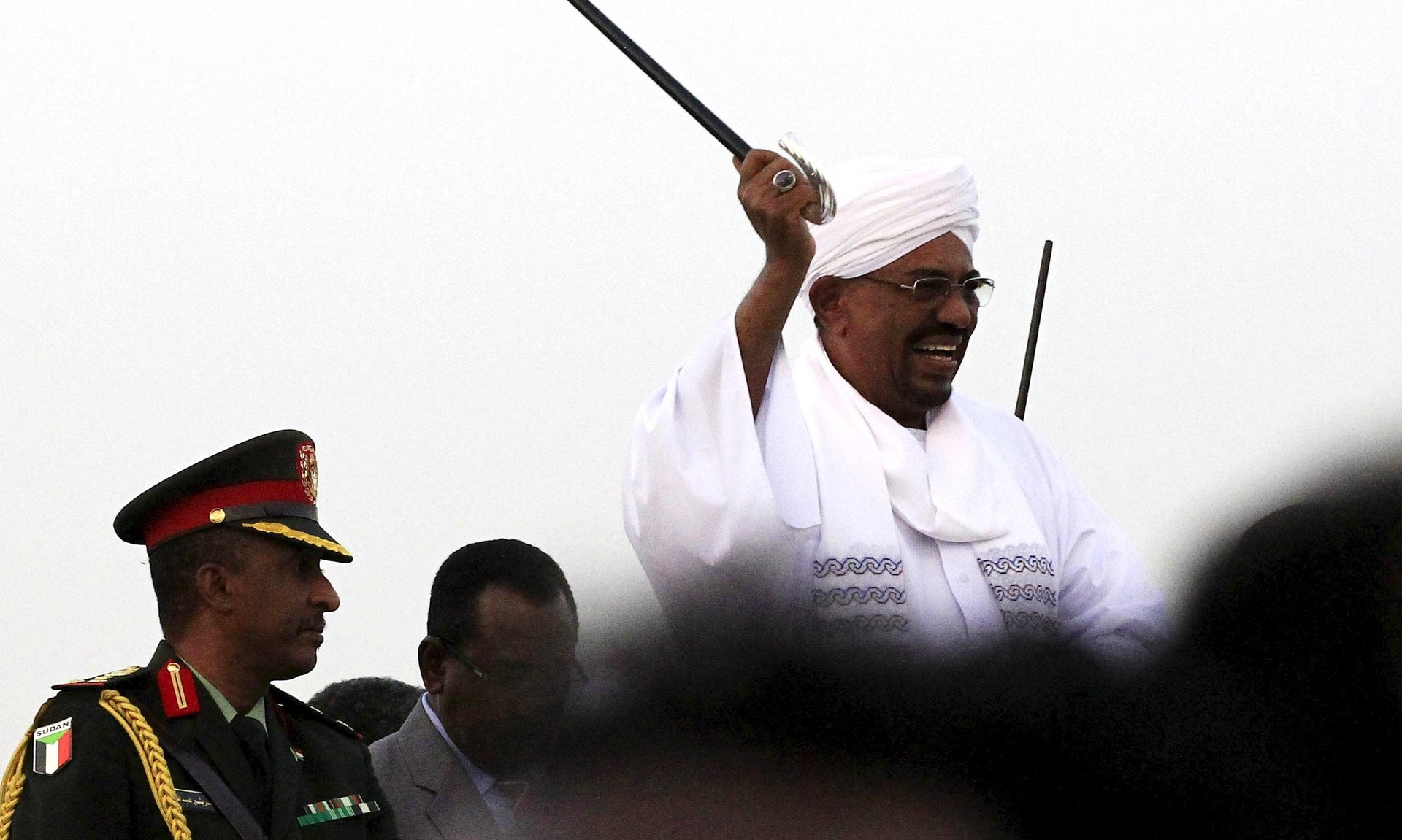A nationwide civil disobedience movement in Sudan has turned its major cities into ghost towns
Tens of thousands of people across Sudan are participating in a three-day strike against fuel subsidy cuts and the rise in the costs of food, medicine, and electricity. The civil disobedience protests, which started on Sunday (Nov. 27), was called on social media by activists and opposition parties. The government has so far responded by condemning the strike and seizing independent newspapers that are reporting on the strike.


Tens of thousands of people across Sudan are participating in a three-day strike against fuel subsidy cuts and the rise in the costs of food, medicine, and electricity. The civil disobedience protests, which started on Sunday (Nov. 27), was called on social media by activists and opposition parties. The government has so far responded by condemning the strike and seizing independent newspapers that are reporting on the strike.
Several roads, public squares and shopping areas in the capital Khartoum, Omdurman and in other cities were deserted on Sunday and Monday. Some parents also reportedly didn’t send their children to school for fear of clashes, even though state employees turned up for work on Sunday, the beginning of the work week in the majority Muslim nation.
The austerity measures are part of the government’s plan to address the country’s foreign currency crisis and fiscal deficit. Sudan, a major oil producing nation, has always been depended on oil exports for government income. But the secession of South Sudan in 2011, not to mention the global slump in oil prices, has induced multiple economic shocks and the loss of over half of government revenue and 95% of exports, according to the World Bank.
The US economic sanctions, the ongoing conflict in neighboring South Sudan, and the longstanding disputes in Darfur, South Kordofan and the Blue Nile also continue to compound the economic crisis in the country.
Sudanese citizens, both in and out of the country, took to social media to vent, to talk about their experiences, and to show the impact of the disobedience. The current strike is most significant in the country since the 2013 civic unrest against the lifting of gas subsidies, which led to the death of 34 people and the arrest of 700 others.
Support for the strike also poured in from across the world, with protests in Canada and the United States. Some also criticized the government’s treatment of the people and accused president Omar al-Bashir of going on a state visit to the United Arab Emirates while the country was in turmoil.